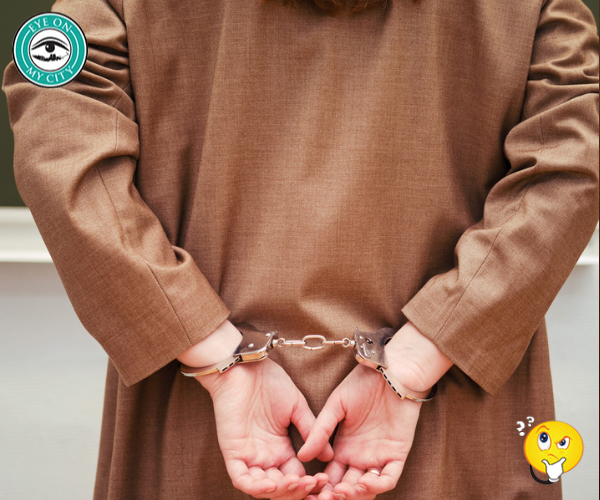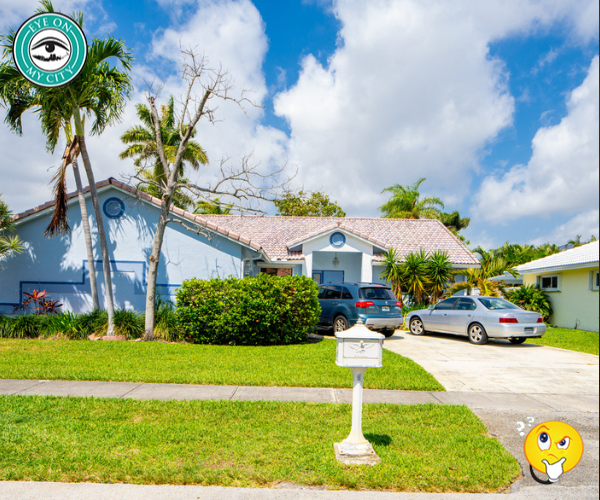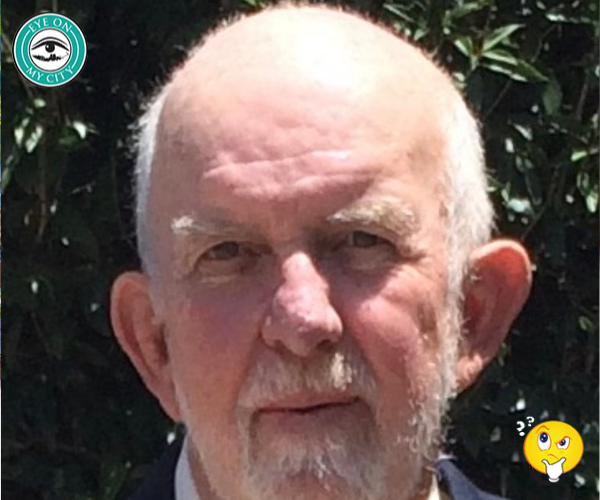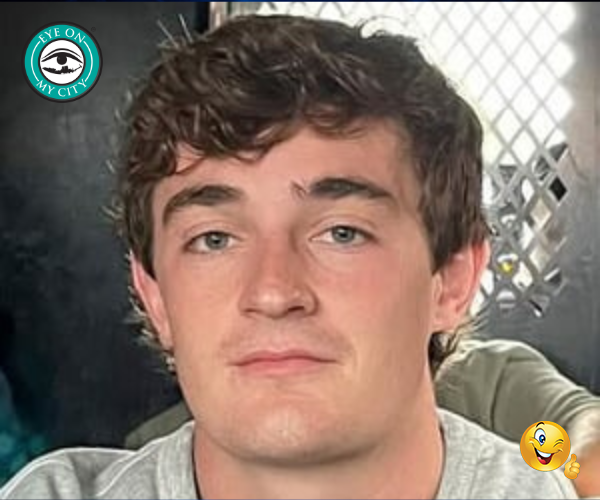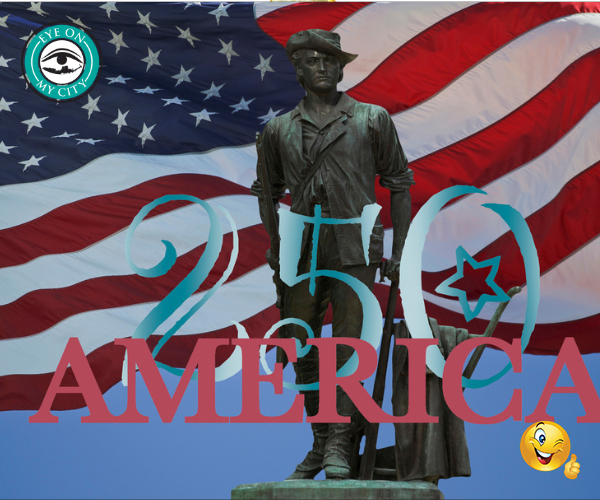Politico ran a completely outraged story headlined, “Florida universities are culling hundreds of general education courses.” You’d think they canceled algebra or something. But just wait.
Last year, Florida’s legislature passed a law requiring state universities to stop paying for diversity, equity, and inclusion. It also banned classes from being included in general education credits —credits used for earning degrees— if the classes “distort significant historical events or include a curriculum that teaches identity politics.”
That might seem totally reasonable to you. But the first person Politico quoted for the story, far-left activist Katie Blankenship, described the new law as “state overreach” and darkly warned it “could spell disaster.”
Well. It could spell ‘disaster,’ if students learned how to spell “disaster,” instead of learning about the complex gender identities of indigenous people groups.
This year, Florida’s state universities have begun revising their course catalogs. Some classes are being recharacterized as electives instead of qualifying for general education credits that count toward a degree. Other classes, which administrators apparently conclude can’t succeed as electives, are being cut.
All of this has badly triggered the left, which has worked so hard for so long to employ a bunch of useless nitwits as tenured professors.
You’d think, to prove how much like Nazis are Florida’s Republicans, Politico would have found some example of class cutting that might, if you squint the right way, look something like imminent educational disaster. But no. Laughably, examples provided by Politico included courses with names like, “Humanities Perspectives on Gender and Sexuality,” “Chinese Calligraphy,” “Women in Literature,” “Social Problems,” “Magic, Witchcraft and Religion,” and the “History of Food and Eating.”
The “Easy-A” has wandered a long way from basket weaving.
Other downgraded classes had more benign-sounding names, but still, when you scratched them, they bled wokeness. For instance, the University of Florida electivized “Religion and Social Movements,” which sounds like it might have a scrap of utility until one discovers it focuses on “protests against police violence.”
Anna Peterson, a religion professor at UF who teaches the virtue-signaling class, complained bitterly about its being relegated to elective status. “That basically kills that class,” she sobbed.
Preparing this story, it occurred to me that if college kids are forced to work harder, they won’t have nearly so much time for protesting and being indoctrinated. Could the solution really be as simple as tightening the academic standards?
Let me know what you think.



